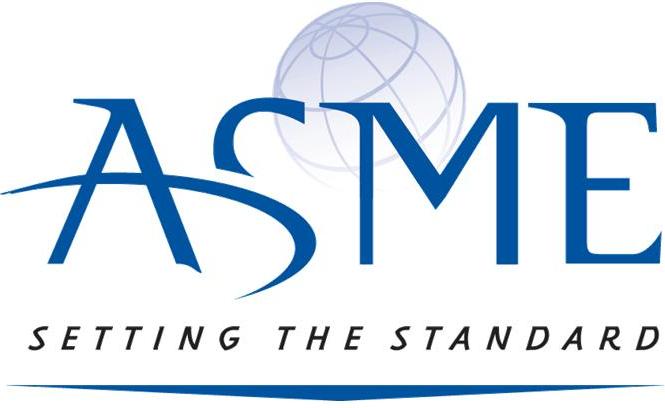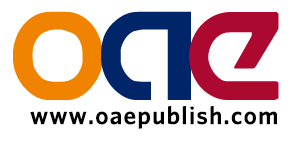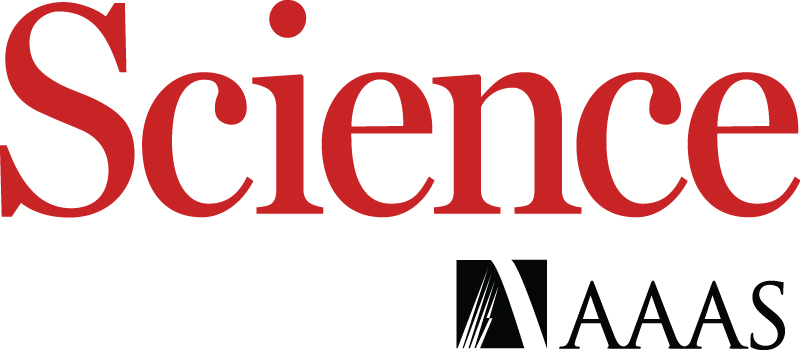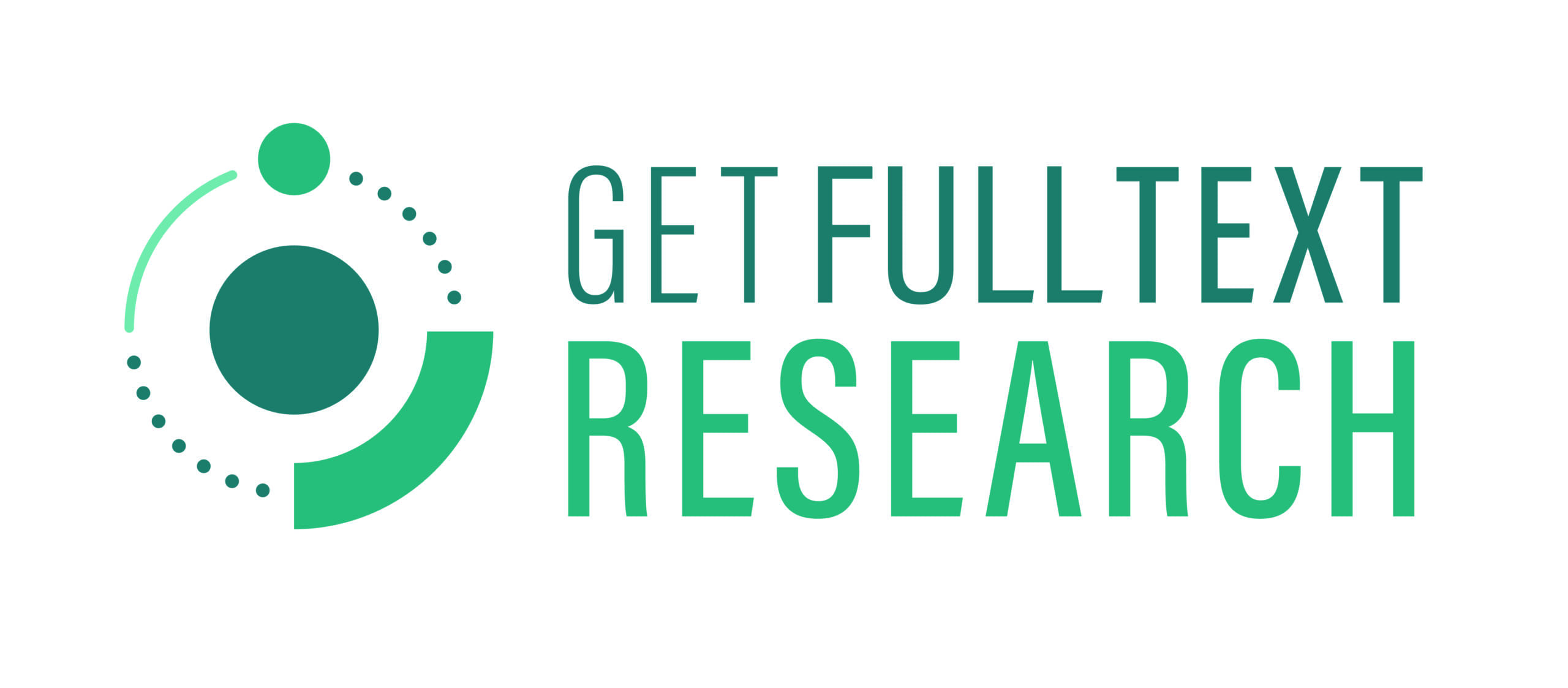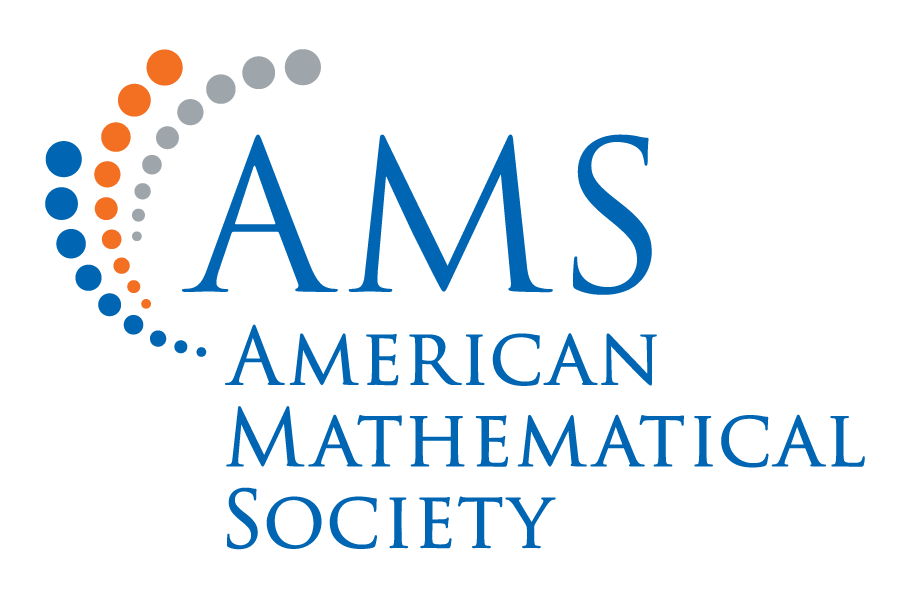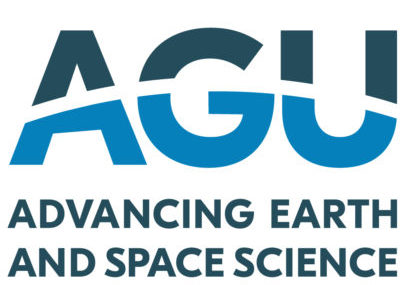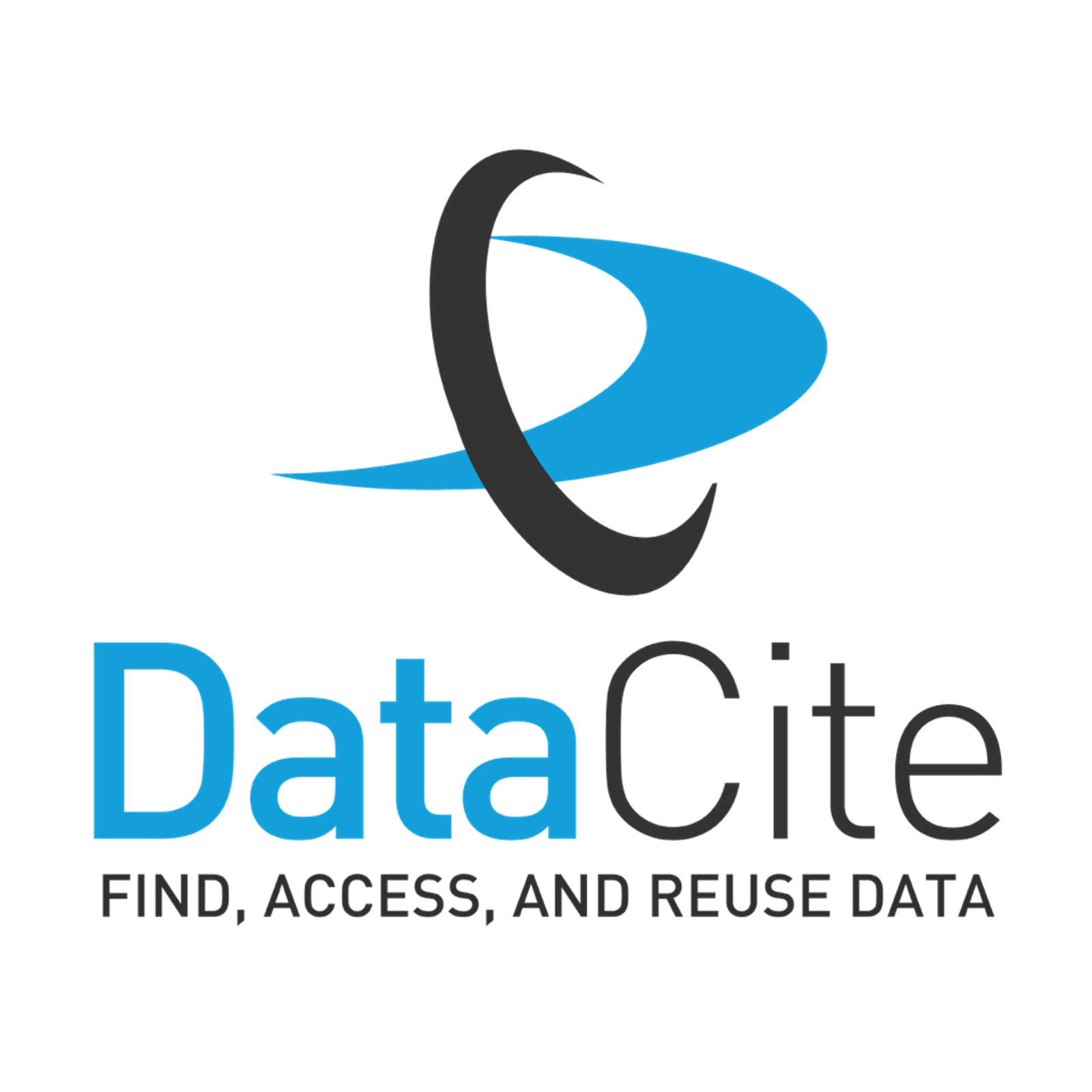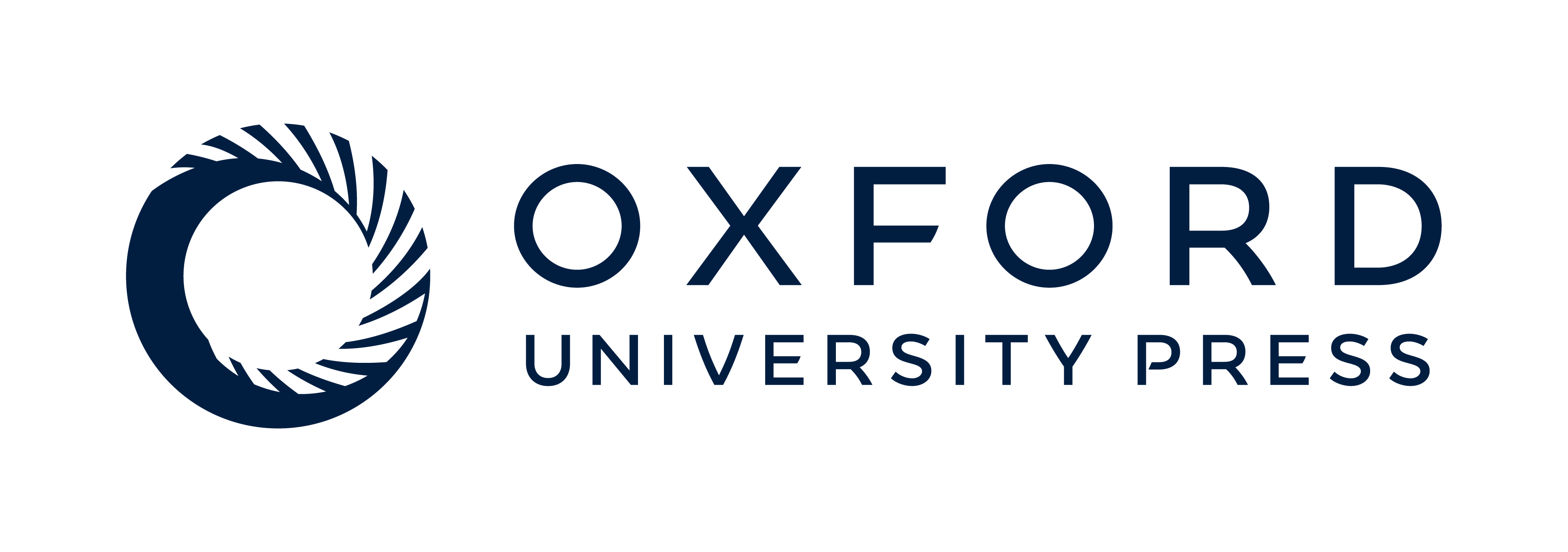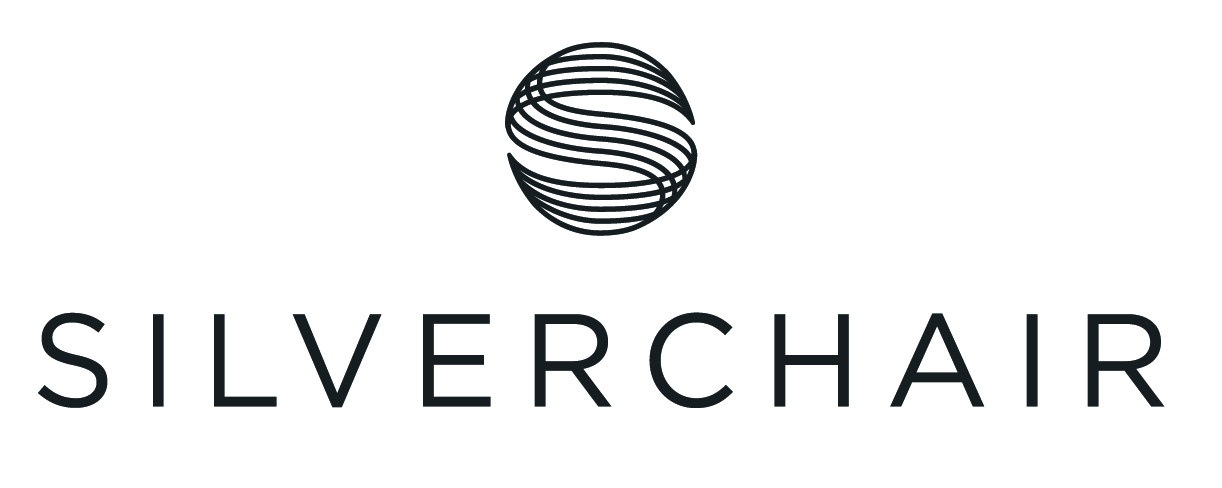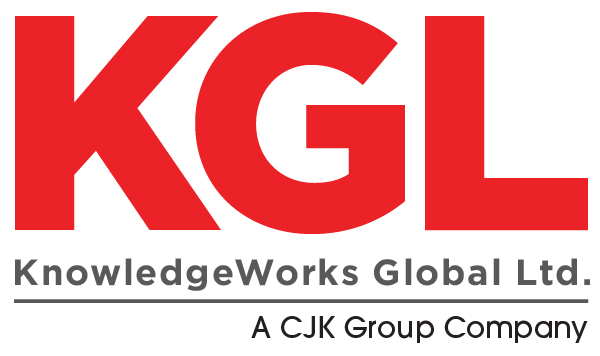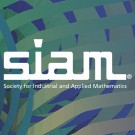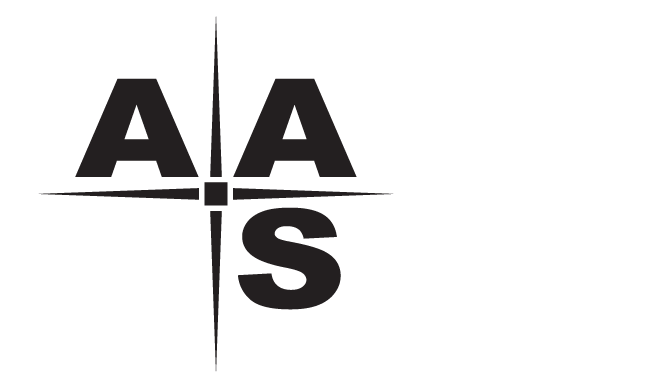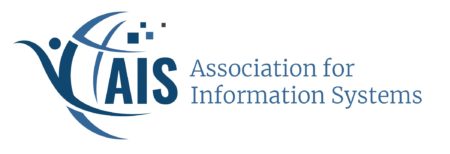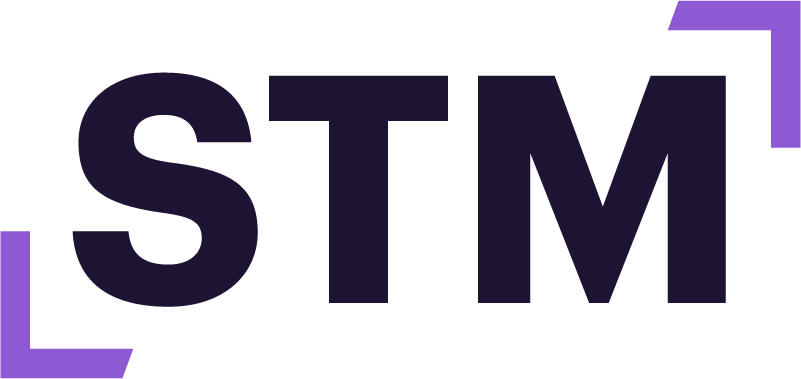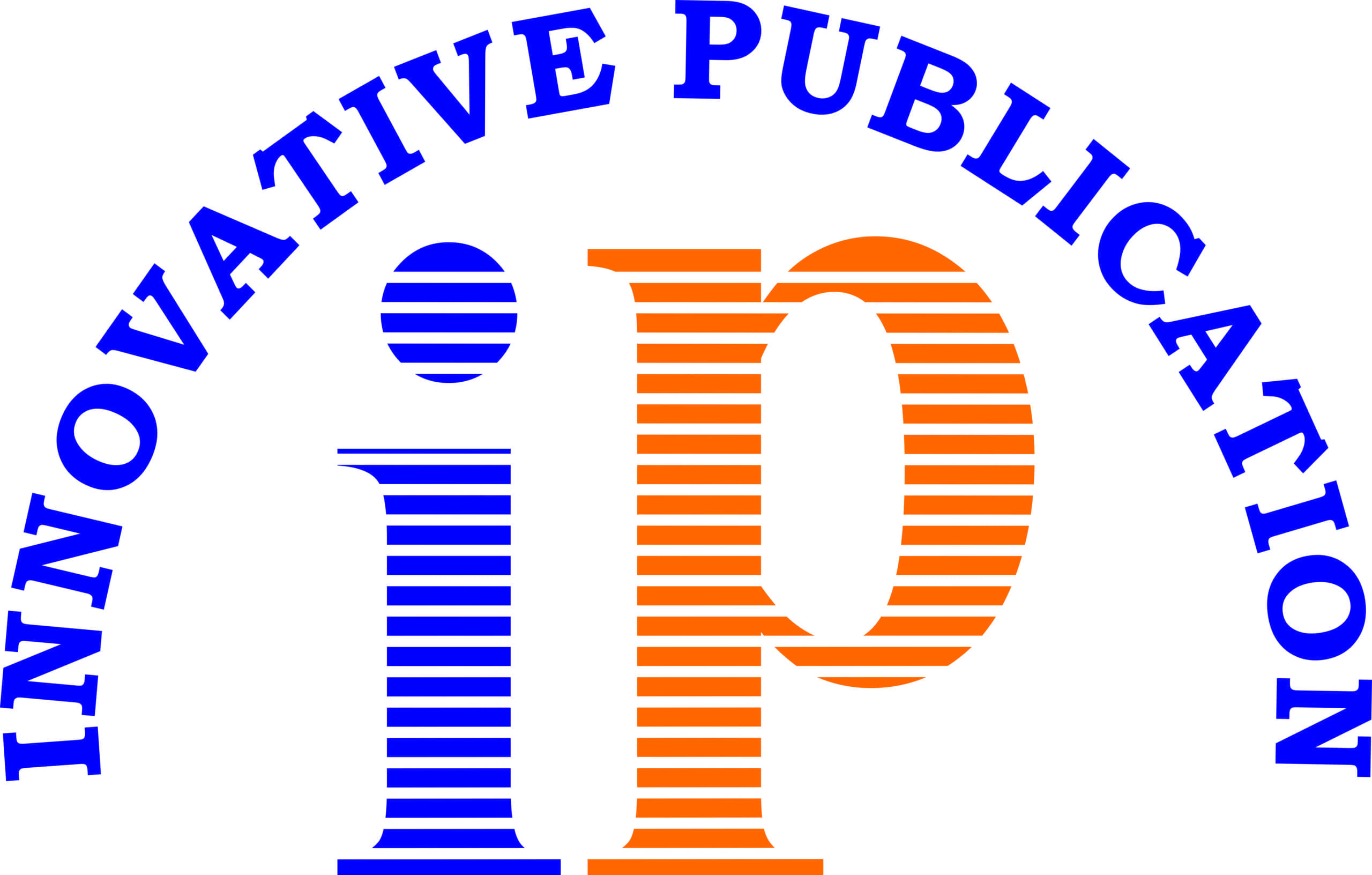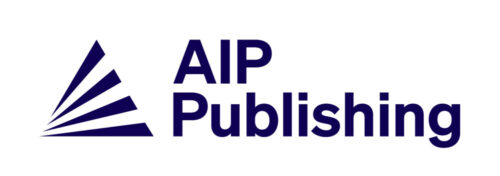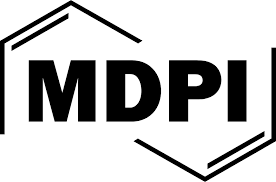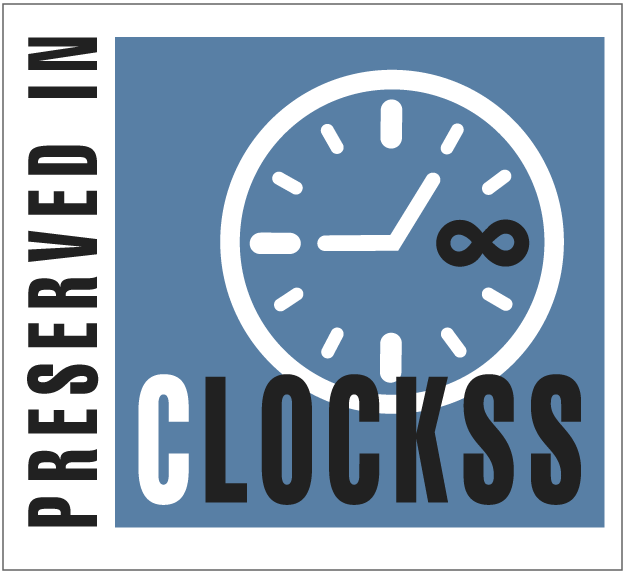 Around 130 participants came together to join the CHORUS Forum at the Japan Open Science Summit (JOSS) on 18th June, timed in the morning for the panelists from Japan and the evening for those from the USA. Most of the delegates came from Japan, but they were supplemented by a few from elsewhere including Australia, China, Singapore, and the USA.
Around 130 participants came together to join the CHORUS Forum at the Japan Open Science Summit (JOSS) on 18th June, timed in the morning for the panelists from Japan and the evening for those from the USA. Most of the delegates came from Japan, but they were supplemented by a few from elsewhere including Australia, China, Singapore, and the USA.
During the panel discussion led by Dr. Yasushi Ogasaka, Director of the Department of R&D for Future Creation at JST, 100 responses to the first poll question identified the prime responsibility of attendees as follows:
Librarian 22%
Researcher 19%
Publisher 13%
Government 9%
Funder 8%
Research administration 7%
Non-specified 23%
This well represents JOSS’ broad appeal in Japan as an annual conversation around open research. The CHORUS Forum was in the Data Management stream and focussed on FAIR (Findable, Accessible, Interoperable and Reusable) Data from Funding to Publication. Presentations were in each speaker’s first language, slides in Japanese and English were shown side by side, and simultaneous translation was provided by NHK made possible by the generous support from the sponsors.
Mikiko Tanifuji, Managing Director, Materials Data Platform Center of NIMS was the first panelist presenting on the perspective of a research institution, starting by describing the establishment and mode of operation of the national DICE data platform for materials science hosted at NIMS. She then showed CHORUS and other data on NIMS research output. From a low base there is a growing percentage of articles that are open access either as versions of record or as accepted author manuscripts, and still there are small numbers of FAIR datasets. These datasets appear in four major data repositories associated with their researchers’ publications.
Ritsuko Nakajima, Director, Department for Information Infrastructure of JST covered how JST is working to make data FAIR. First, she reiterated the JST open science policies and how researchers are guided and encouraged to develop data management plans (DMP) and make underlying data openly available. She explained how JST is developing a funding project database connecting research grants, outputs and data tied to the Japan researcher identifier researchmap. In conclusion, she described the enhancement of the J-STAGE journal platform for society journals with the launch of a data repository in 2020 and its current usage.
AGU has been a global leader in the promotion of making data FAIR and Shelley Stall (Senior Director for Data Leadership) reinforced that it is essential that all those involved in the science ecosystem “… should work to ensure that relevant scientific evidence is processed, shared, and used ethically, and is available, preserved, documented, and fairly credited.” She shared AGU’s journey to make data FAIR and not only the importance of data availability but citing where it can be accessed as a crucial part of researcher practice.
A CHORUS goal is to develop data metrics as part of making open research work. Howard Ratner (Executive Director) detailed how CHORUS uses the metadata of persistent identifiers (PIDs) to report to its participating funders, institutions, and publishers, which now includes reporting on datasets. Finding common problems and defining potential solutions in discussion with members and partners, he explained how CHORUS is working with DataCite to improve metadata, AGU to analyse and develop FAIR data practices, and the Coleridge Initiative in a machine-learning and natural language processing competition to find datasets within published research outputs.
Yasushi Ogasaka is a co-chair of the Interest Group for funders within the RDA project to align research data policies between funders and publishers, and he summarized the work of this group to date. The three-phase project plan aims to define a basis for continued policy alignment.
During the panel discussion in English, a five-question poll was run to be answered either as a researcher or as a non-researcher. In response to one question, while researchers overwhelmingly stated that they were willing to share their data, only 64% of the non-researchers felt that researchers were willing to do so. The panel discussed the various barriers to sharing and making research data FAIR and agreed on the need for continuing dialogue between all those involved, and especially to include funders.
Of the researchers polled, 48% favour sharing their data in subject repositories and 33% in their institutional repository. For the non-researcher group the perception was similar, although 20% named national repositories against only 10% in the researcher responses. During the discussion the value of the institutional repository as a well curated resource was agreed.
A final presentation was from Yasuyuki Minamiyama, Chief Data Librarian of NII, introducing the next JOSS session he would be moderating on “Current Practice of FAIR Data Curation” In turn Yasushi Ogasaka presented on the CHORUS Forum at Minamiyama’s session summarising the program, discussion and polls including a 69% response that interoperability presented the major challenge for the implementation of the FAIR guiding principles for data.
We thank all the panelists for their contributions, the many questions in the Q&A, the sponsors, and Yasushi Ogasaka for moderating the inclusive panel discussion. According to the final poll question, 82% of attendees were familiar with the FAIR guiding principles for data prior to this CHORUS Forum. However, at the end, 63% agreed that they had become more familiar with the principles and issues associated with their implementation and 18% very much more informed.


